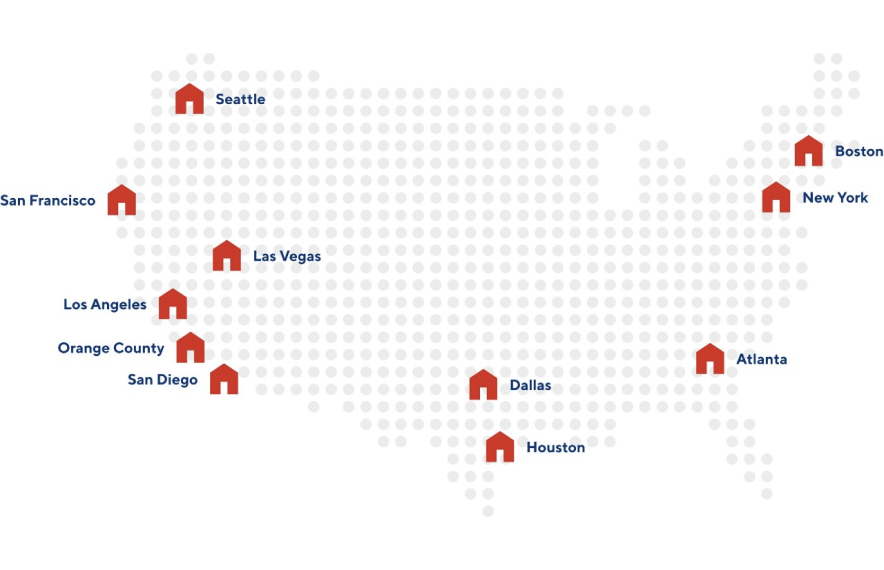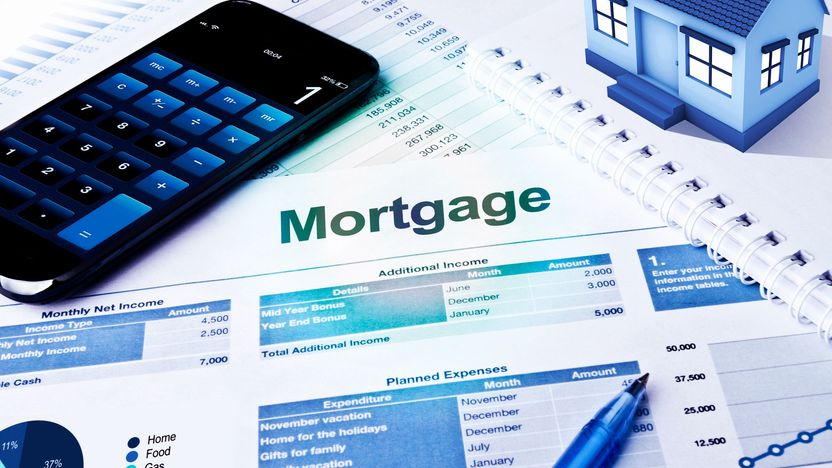Are you considering refinancing your mortgage? Refinancing is a great way to save money or get better terms on your loan, but it’s important to know what factors to consider before diving in. With the right preparation, you could make big savings and secure a better deal for yourself. Let’s look at some of the key things to consider when refinancing a mortgage.
Factors to Consider Before Refinancing
Refinancing your mortgage can be a great way to save money and secure a better interest rate. But before taking the plunge, there are some important factors to consider. First, you need to determine if the benefits outweigh any associated costs. This includes closing costs, private mortgage insurance (PMI), and any other fees that may be charged. You’ll also need to decide which type of loan is best for your situation – fixed-rate or adjustable-rate mortgages?
.t’s important to look into current market conditions and research different lenders before deciding on a refinance option. Comparing rates at credit unions versus banks, as well as researching special offers or discounts available from each lender, can help you get the most favorable deal. Additionally, it’s essential to review your credit report and make sure all information is accurate to qualify for the best interest rates. Finally, you need to take into account how long you plan on staying in your home and whether or not shortening or extending your loan term could benefit you financially over time. When done correctly, refinancing can help reduce monthly payments, pay off debt faster, or even access cash from the equity in your home – so it’s worth doing some due diligence beforehand!
When considering a refinance, taking the time to weigh the pros and cons and compare different lenders is essential to secure the best deal. With some research and forethought, refinancing your mortgage can be a great way to save money in the long run. Now that you know all of this, it’s time to turn your attention to understanding your credit score – and how it affects the refinance process.

Credit Score
Your credit score plays an important role in the refinance process. A good credit score can make it easier to get approved for a loan and reduce overall refinancing costs. Therefore, it’s important to understand how your credit score works and take steps to improve it before applying for a refinance.
To start, check your credit report for any errors or incorrect information that could be impacting your score. If there are mistakes on the report, contact the three major credit bureaus – Experian, Equifax, and TransUnion – to dispute them. You should also consider paying down current debts and avoiding taking on new debt before applying for a loan. Additionally, making timely payments over time can help raise your score significantly. Finally, using home equity loans or lines of credit responsibly during the refinance process can also help build up your score without negatively affecting it.
Having a good understanding of your credit score is key when considering refinancing options. Taking these steps will not only make it easier to qualify but help you secure more favorable loan terms that can save you money in the long run!
Loan Term
Choosing the right loan term is an important consideration when refinancing your mortgage. The length of the loan will determine how much money you pay in interest, as well as the size of your monthly payments. Generally, there are two types of loans: fixed-rate loans and adjustable-rate mortgages (ARMs).
Fixed-rate loans tend to have longer terms, with 15- and 30-year loans being the most common. These mortgages offer a steady rate throughout the loan, so your monthly payments remain consistent throughout its term. ARMs can have shorter terms; however, their rates may fluctuate depending on market conditions.
When choosing which type of loan to go with, it’s important to consider your current financial situation and plans. If you’re planning on being in your home for a long period, then a long-term fixed-rate loan might be best for you as it offers stability over time. However, if you plan on selling or refinancing in a few years, then an ARM with a shorter term may be better suited for your needs.
Type of Loan
When it comes to refinancing your mortgage, one of the most important decisions you’ll have to make is what type of loan you should get. Generally speaking, there are two types of loans: fixed-rate and adjustable-rate mortgages (ARMs). Fixed-rate loans offer a steady rate throughout the loan, so your monthly payments remain consistent. ARMs may have shorter terms but their rates can fluctuate depending on market conditions.
Before deciding which type of loan is best for you, consider your current financial situation and plans. If you anticipate being in your home for a long time, then a long-term fixed-rate loan might be preferable as it offers greater stability over time. On the other hand, if you plan on selling or refinancing soon, an ARM with a shorter term may be more suitable for your needs.
Take the time to thoroughly research each option before deciding this will help ensure that you find the best loan for your situation.
Market Conditions
When it comes to refinancing a mortgage, market conditions can play an important role. Before making any decisions, it’s important to consider how current and future market conditions might affect your loan. For example, if interest rates are low, refinancing could be a good option as it could save you money in the long run. On the other hand, if interest rates are expected to rise soon, it may not be the best time to refinance as you may end up paying more over the life of your loan.
It’s also important to look at the housing market when deciding whether or not to refinance your mortgage. If prices are rising steadily in your area, you may be able to benefit from a cash-out refinance by using some of your home equity for other investments or expenses. However, if house prices are declining or stagnant in your area then it may not be wise to take on additional debt as this could hurt your finances.
By taking the time to assess both current and future market conditions before refinancing, you can make sure that you get the best loan for your individual needs and financial situation.

Conclusion
Once you’ve considered all of the factors associated with refinancing your mortgage, it’s time to make a decision. Before signing on the dotted line, take a step back and make sure you’re comfortable with the terms of the loan and any upfront costs associated with it. Talk to your lender or credit union about what types of loans they offer and which one is best for you based on your budget and goals. Finally, consider current market conditions that may affect your loan, such as interest rates, before committing. By taking the time to do your research and shop around for the best deal, you’ll be able to find an option that meets your needs both now and in the future.





